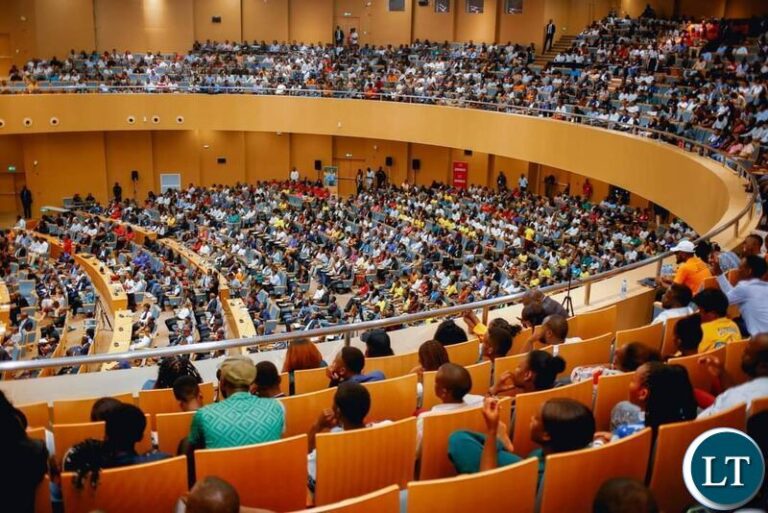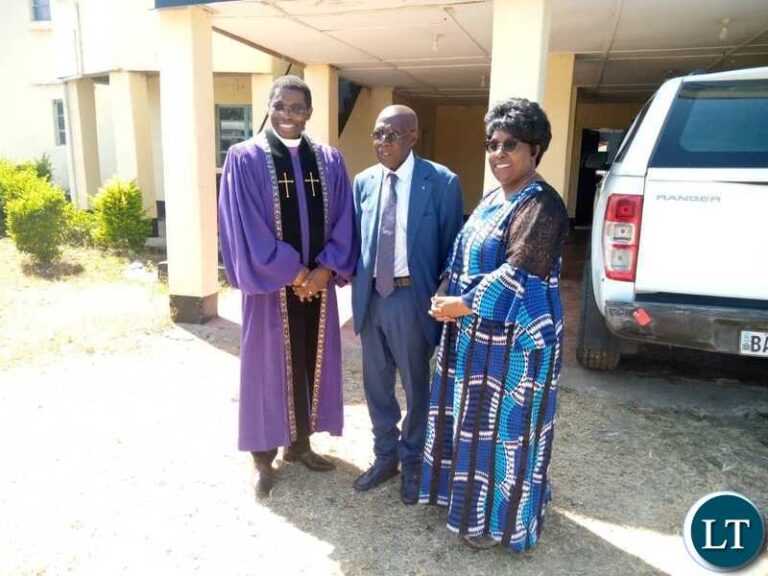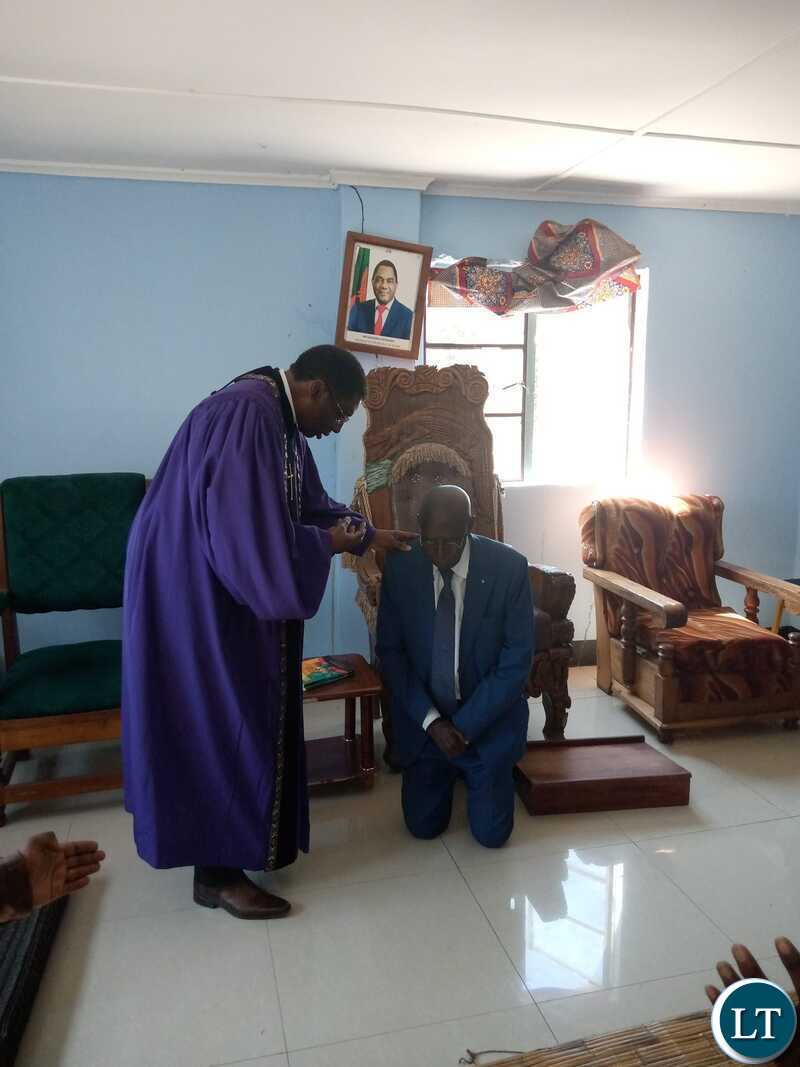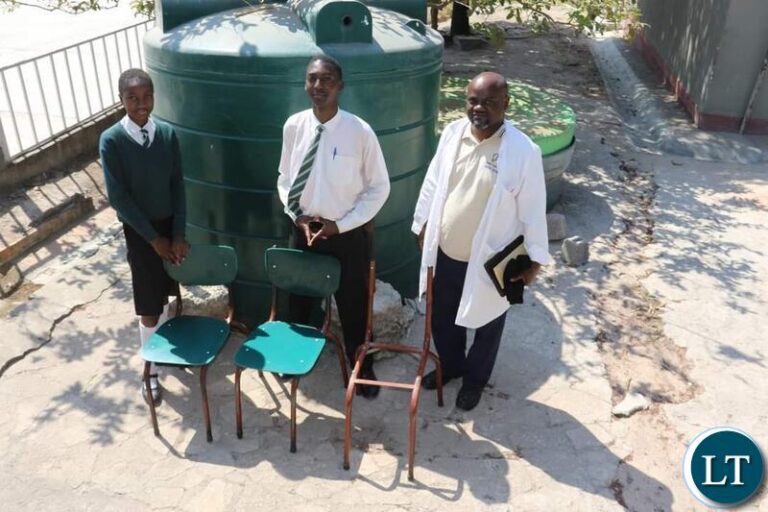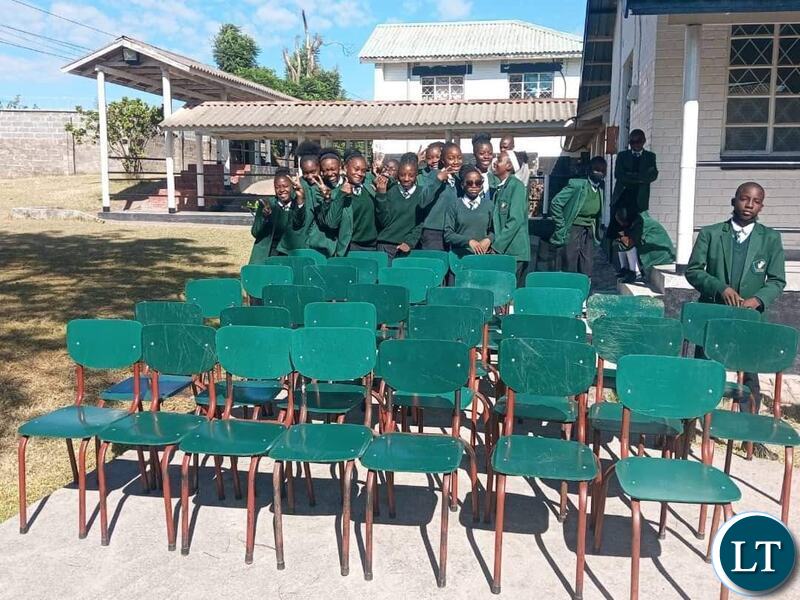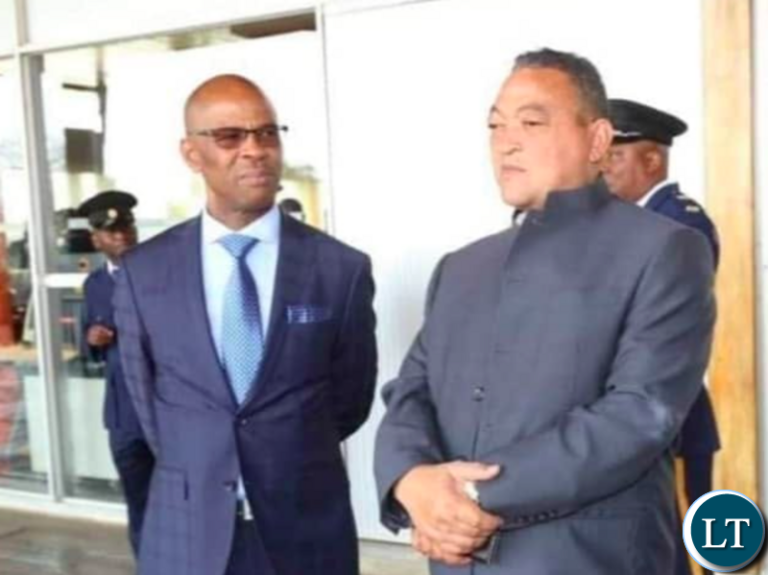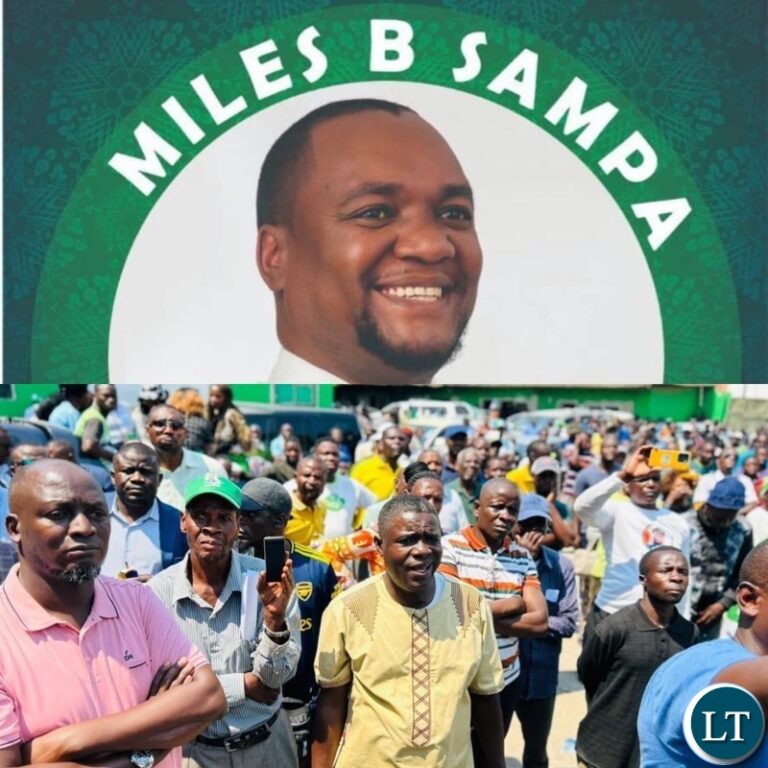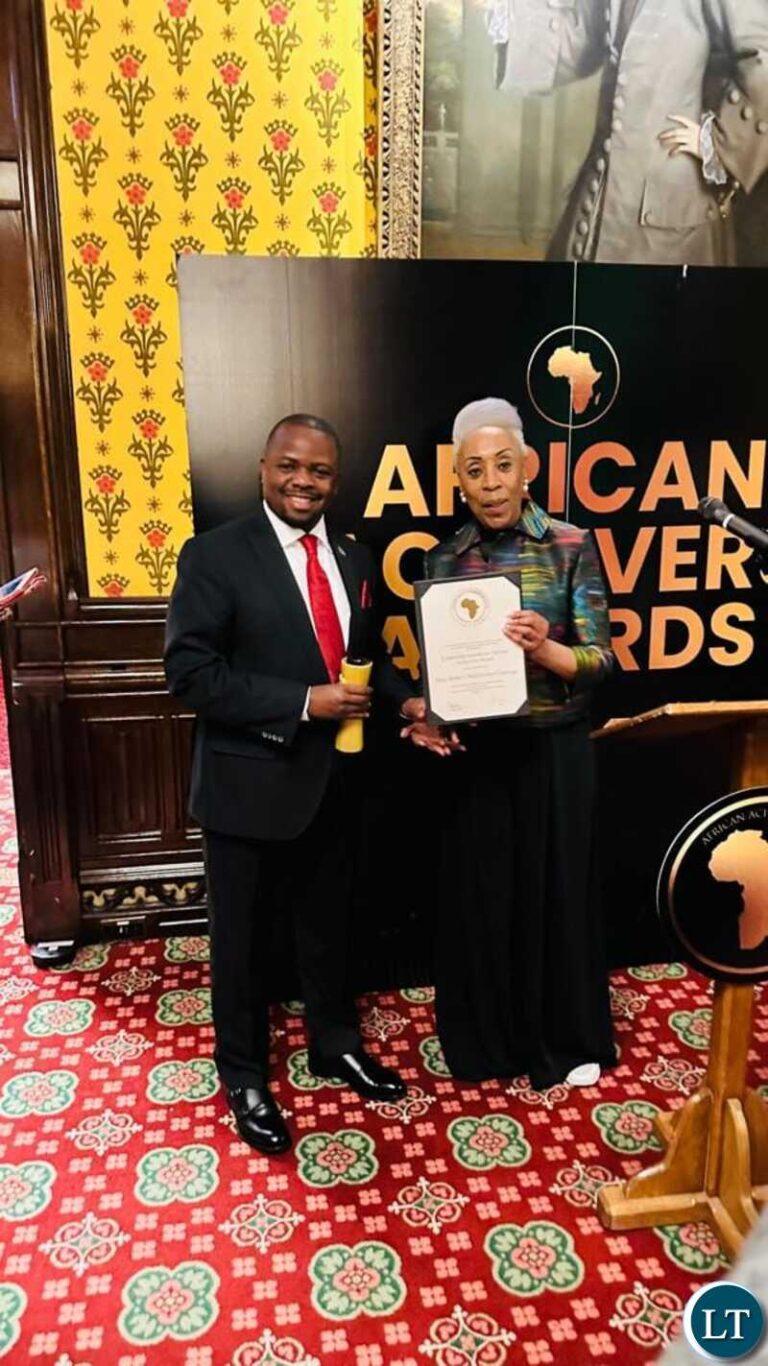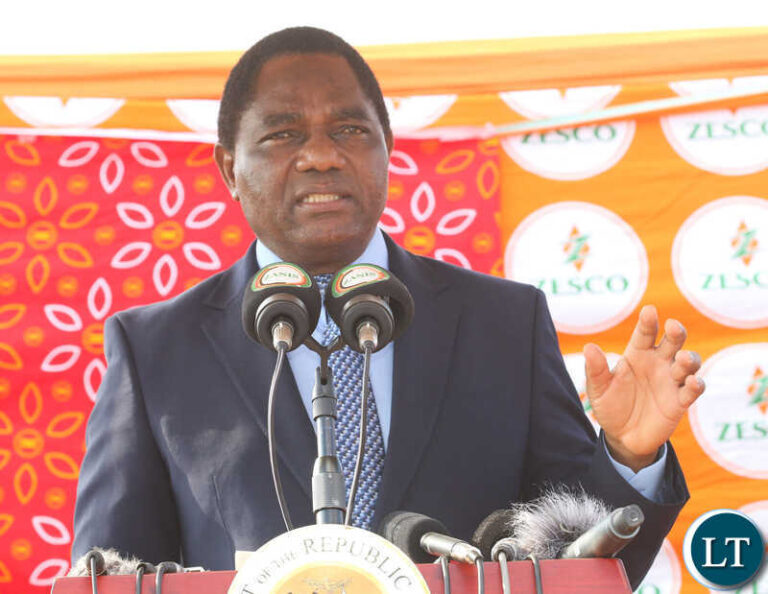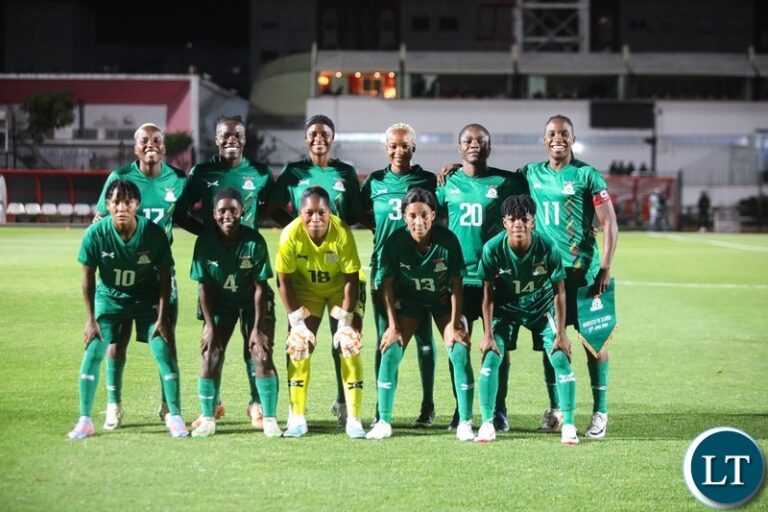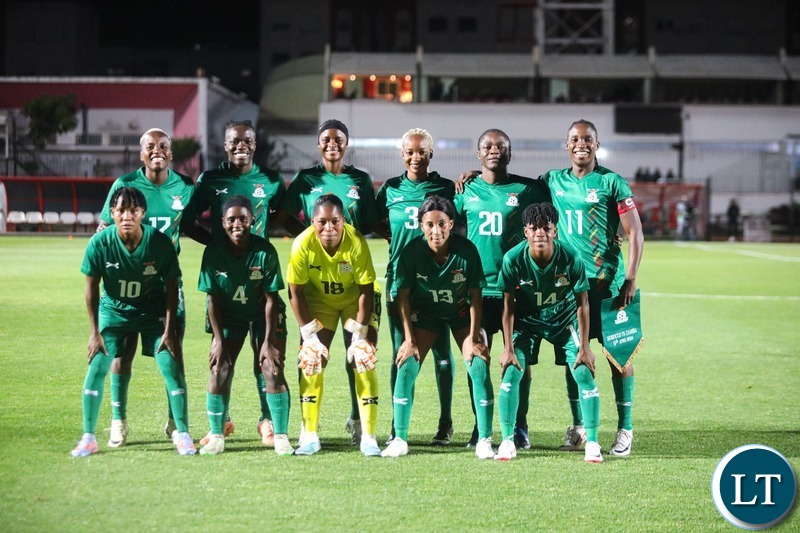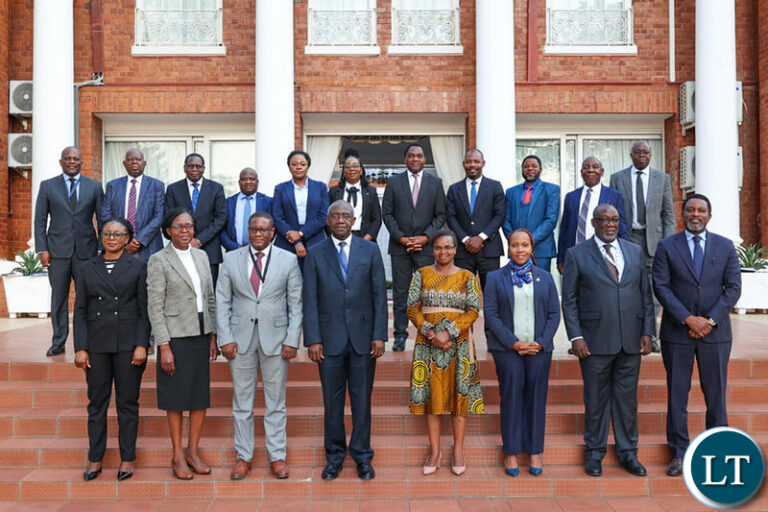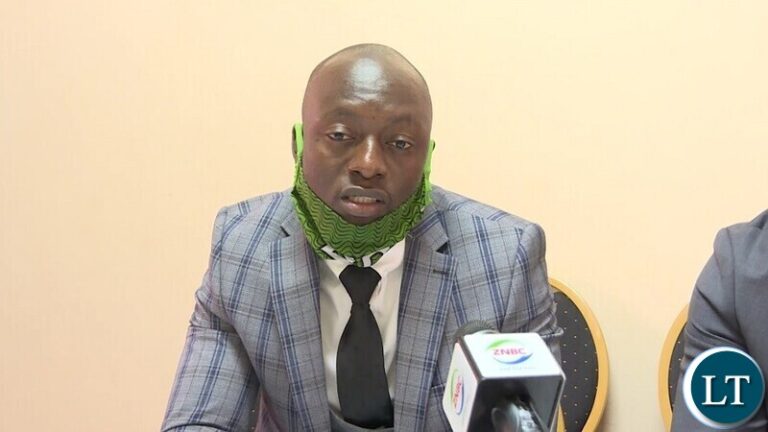Zambia is experiencing its most severe drought in 40 years, whereas countries in Asia saw some of the heaviest and most fatal rainfall till date. The ice in the arctic is melting quicker than ever before, and it’s snowing in the Sahara desert. These aren’t isolated incidents, but symptoms of our Earth in distress.
The global climate is in a state of profound upheaval, and while many people are the helpless victims of these circumstances, we are also the primary culprit for climate change with our emission of greenhouse gases that trap heat from the sun. For young people presently who will have to bear the brunt of this scientific phenomenon, the consequence of the international climate crisis means that the future is melting away much like the ice caps of the Earth. The planet is sending us a clear message: things are heating up, and we can’t afford to sit idle.
But what does this truly mean for a young person growing up in a world increasingly defined by climate change? It means facing a future filled with uncertainties, challenges, but also opportunities.
To understand how to tackle such an issue, one must understand the science behind the climate crisis. The main culprit is the greenhouse effect. Imagine the Earth as a greenhouse. The sun’s rays enter, warming the planet. Normally, some heat escapes back into space. But greenhouse gases like carbon dioxide, methane, and nitrous oxide act like a blanket, trapping heat and making the planet warmer. These gases come from burning fossil fuels (like coal, oil, and natural gas) for energy, deforestation, and industrial processes.
Many often wonder, “How does this affect me?” and the answer is: in more ways than you can imagine.
Extreme weather events are becoming more frequent and intense. Hurricanes, floods, droughts, and heatwaves are disrupting lives, damaging property, and even endangering people. As the climate changes, these events will become more common and severe, impacting the lives of many in our nation and beyond.
Water scarcity is another pressing issue. Zambia relies heavily on water not just to sustain farming, but to power the nation as evidenced by the load shedding due to lack of rain this year. Changes in rainfall patterns can lead to droughts, affecting crop growth, water availability, and possibly even leading to a nationwide blackout in the near future. This could result in higher food prices, making it harder for families to afford basic necessities.
Damage to infrastructure, disruptions to businesses, and economic instability can all be traced back to the changing climate. This can lead to job losses and make it harder to make ends meet when the time comes for today’s youth to enter the world as its citizens.
Climate change also poses significant health risks. Heat-related illnesses are on the rise, and the spread of diseases carried by insects, like malaria, is increasing. Additionally, poor air quality caused by pollution is linked to respiratory problems and other health issues.
With all this considered, it’s easy to feel bleak about the future, but these pressing and urgent incentives are what have pushed millions around the world to try and find solutions. Scientists are developing new technologies, governments are implementing policies, and communities are coming together to build a more sustainable future, and there are ways we can help as Zambian youth.
Reduce, reuse, and recycle is the motto of many green campaigns internationally. By cutting down on waste, finding new uses for things, and recycling properly, you help save resources and protect our planet. Support businesses that care about the environment. Planting trees and growing your own food are also great ways to help.
Even Zambia’s green champions are driving the bandwagon to a more secure future by finding clever ways to adapt to the drier weather with new farming techniques, a slow but sure shift to solar energy to fully utilise the bounty of our nation’s plentiful sunlight and donating to protecting flora in our game reserves, national parks and even urban cities like Lusaka. Researching and supporting organisations carrying out such tasks is a way to aid not just the nation, but the world.
The youth are part of the generation that will shape the world to come. With knowledge, determination, and collective action, we can overcome the challenges of climate change and create a healthier, more equitable planet for everyone. The future’s not set in stone. It’s up to us to write a new chapter.
By Anushka Yadav


